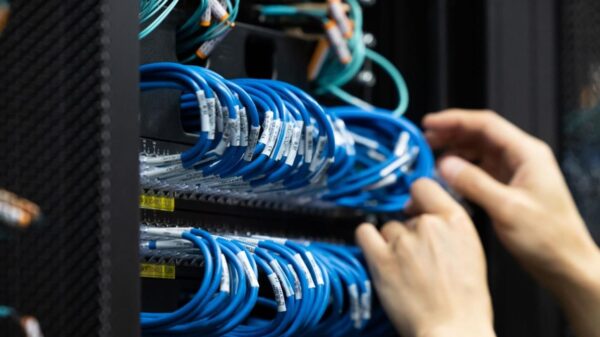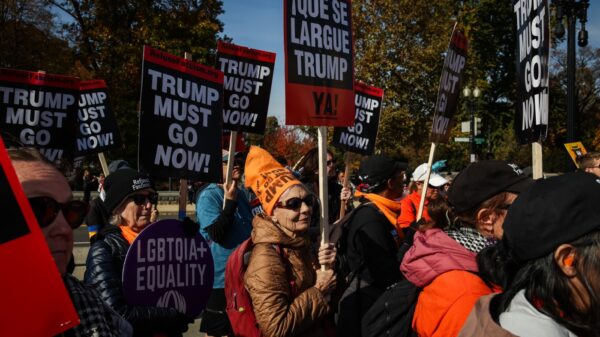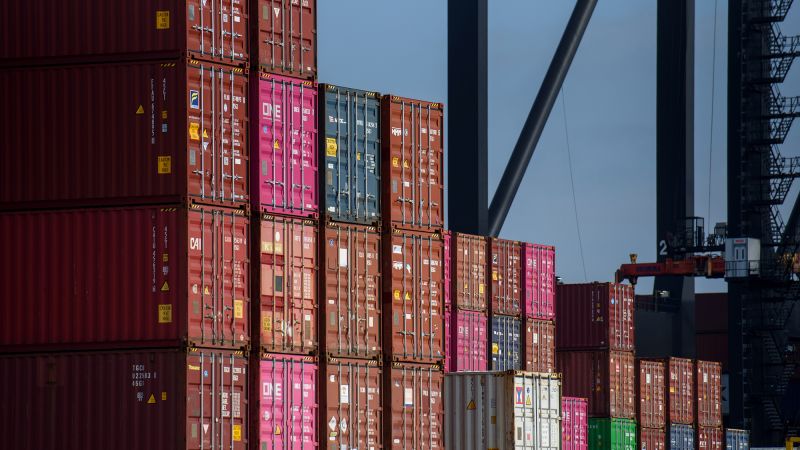President Donald Trump has postponed the implementation of his controversial “reciprocal” tariffs on numerous countries, pushing the deadline to August 1, 2023. This decision follows a previous three-month delay aimed at facilitating trade negotiations. The postponement continues to create uncertainty for businesses, while simultaneously providing an opportunity for America’s trading partners to negotiate deals that could help them avoid significant levies.
Mainstream economists largely welcome this delay, as many have long criticized tariffs for their adverse economic effects. Research indicates that tariffs can harm not only the foreign economies they target but also the countries that impose them. While tariffs have not yet significantly impacted inflation or job growth in the United States, experts warn that the true effects may take time to manifest. As Treasury Secretary Scott Bessent aptly noted, inflation might be “the dog that didn’t bark,” suggesting that the current calm may not last.
Impact on Consumers and Production Costs
Tariffs essentially act as taxes on imports, leading to increased costs for producers and higher prices for consumers. According to the Organisation for Economic Co-operation and Development, approximately half of all US imports consist of intermediate products necessary for manufacturing finished goods. This reliance means that tariffs can significantly raise production costs for American companies.
Economic experts like Doug Irwin, a professor at Dartmouth College, highlight that when domestic businesses face higher costs for imported components, these expenses are often passed on to consumers. In 2018, Trump’s administration imposed steep tariffs on $283 billion worth of imports, which led to a “complete pass-through” of these levies into domestic pricing, according to a study co-authored by Mary Amiti at the Federal Reserve Bank of New York. This shift resulted in diminished purchasing power for American consumers.
Historically, low tariffs have contributed to lower prices for American imports. Hugh Gimber, a global market strategist at J.P. Morgan Asset Management, notes that since 2001, when China joined the World Trade Organization, prices for goods in the US have risen relatively little, while service costs have surged.
With the new round of tariffs expected to raise prices in the US once again, even Federal Reserve Chair Jerome Powell has forecasted an increase in goods inflation.
Economic Output and Job Creation Concerns
The postponement of tariffs is not just about consumer prices; it also raises concerns regarding economic output. A 2020 study examining data from 151 countries between 1963 and 2014 revealed that tariffs have persistent negative effects on a nation’s gross domestic product (GDP). When tariffs are low, countries can focus on their competitive advantages, leading to greater specialization and productivity. However, higher tariffs disrupt this balance.
“When tariffs are raised, you’re not going to see that same level of specialization,”
Gimber explained, suggesting that this leads to lower overall productivity and inefficient use of labor.
Furthermore, an increase in the cost of imported materials can lead to reduced output. Antonio Fatas, an economics professor at INSEAD, echoed this concern, pointing out that workers in industries reliant on imported components may produce less value due to escalating costs.
The uncertainty surrounding tariffs also hampers investment decisions. Surveys from the National Federation of Independent Business indicate that small businesses’ plans for capital expenditures have dropped to their lowest level since April 2020, reflecting a cautious approach in an uncertain economic climate.
Tariffs not only impact consumer prices and company operations but also have implications for job creation. Research has shown that increased import taxes can lead to slightly higher unemployment rates, as industries reliant on imports face steeper costs. Irwin pointed out that downstream industries often employ more workers than those in the protected sectors, leading to a net loss of jobs from tariff increases.
Moreover, retaliatory tariffs from other countries pose a significant risk. When Trump announced new tariffs this year, major trading partners quickly retaliated, further complicating the trade landscape.
While tariffs can seem like a protective measure, economists generally advocate for free trade as the preferable route for economic growth. They acknowledge that trade can have disruptive effects, particularly on communities exposed to foreign competition. Gimber highlighted the importance of providing support to workers affected by these changes, advocating for retraining and assistance as vital components of economic transitions.
Ultimately, while the postponement of tariffs offers temporary relief, the potential long-term impacts on the economy and job market remain a source of concern. The ongoing uncertainty surrounding US trade policy will likely influence business decisions and economic stability in the months ahead.





































































